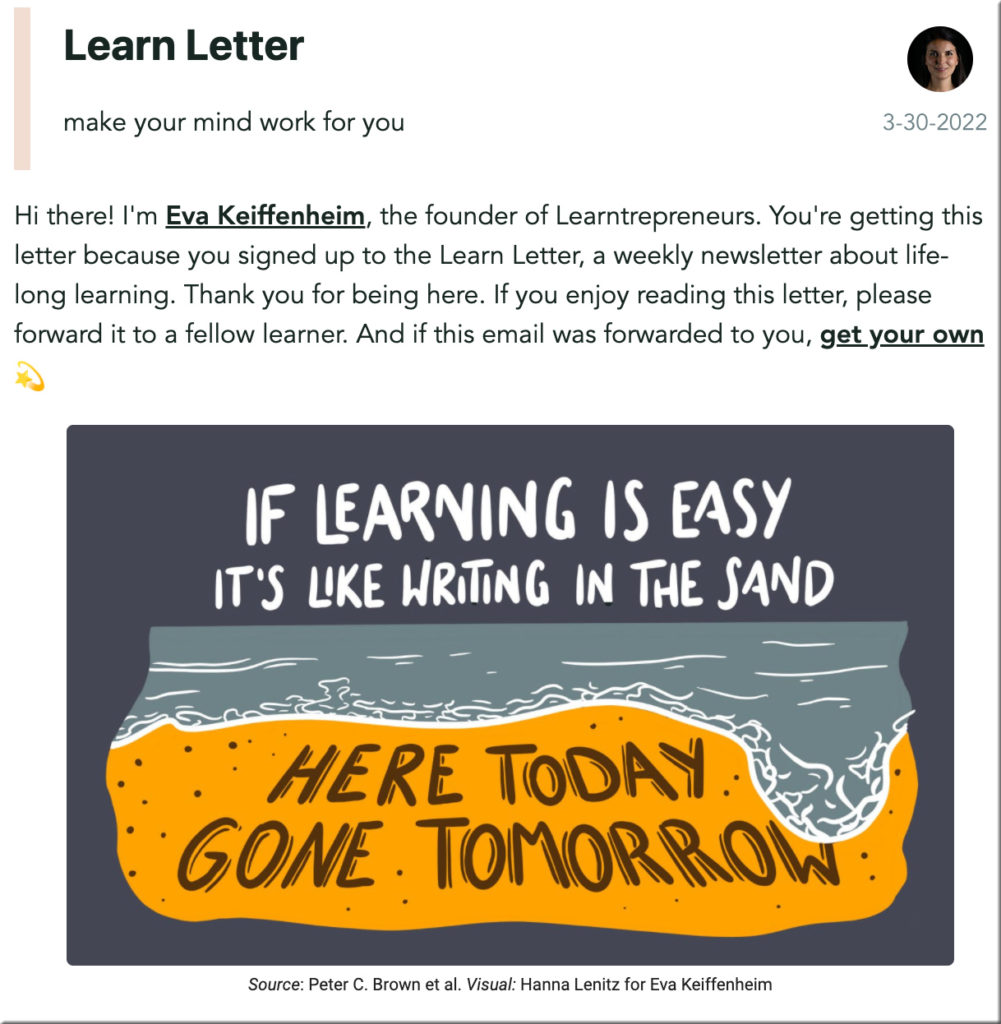Colleges Are Hiring. But Do People Want to Work There? — from chronicle.com by Kevin R. McClure
Higher ed used to be insulated from the whims of the labor market. No more.
Excerpts:
This perhaps comes as a surprise to some college hiring officials. For a long time, colleges have operated under the assumption that they can easily replace people. And until recently, that was true. Colleges were viewed as places where employees can enact their values, where jobs were spared the ravages of recessions, and where deep relationships can be forged with students and colleagues. When someone left a job, institutions would post the opening and often receive more than enough applicants, especially for faculty positions. Why try hard to retain someone if you can always count on a deep pool of applicants?
That rosy vision of higher education was already starting to sour prior to the pandemic. And after the last two years, it isn’t safe to assume we can field the same numbers of applicants.
That’s largely because employee morale at colleges is tanking. Some in the industry have told me it’s the lowest they’ve ever seen. There are several likely reasons for it, including low pay and frustration that administrations aren’t taking health concerns of frontline workers during the pandemic seriously enough. But perhaps the biggest cause for the drop in morale is understaffing. Higher-education workers are exhausted from years of employment rolls that aren’t just lean — they’re malnourished.
Has the Campus Workplace Changed Forever? — from chronicle.com by Megan Zahneis
College leaders are trying different strategies to adapt to a new reality.
Excerpt:
Despite hopeful signs that the worst of the pandemic is behind us, there is a growing understanding that remote and hybrid work, at least in some form, is here to stay. With the benefit of hindsight and enough time to consider things more thoughtfully, institutional leaders and academic administrators are increasingly engaging with essential questions about remote work: What is the best way to manage teams at a distance? What does it take to recruit, retain, and engage faculty and staff members? What can higher education learn from other industries that have long embraced telecommuting?
Also relevant/see:
Our Nation’s Teachers Are Hustling to Survive — from edsurge.com by Emily Tate
Nearly 1 in 5 American public school teachers work a second job outside of the classroom. Why is this their reality?
Rothrock’s story is not exceptional—at least in her line of work, in this country. If she were any other highly educated American professional, that might be different. But Rothrock is a teacher. That a teacher must work a second, part-time job on weeknights and weekends, year-round, more than 20 years into her career, in spite of a master’s degree and a modest lifestyle, is so universally accepted among her peers and colleagues in education that it barely warrants notice.
It’s (Past) Time to Redesign the Teaching Profession — from by Katie Kimbrell
Excerpts:
According to a recent Forbes article, national research found that 54% of teachers surveyed in 2021 are considering leaving the teaching profession within the next two years. More urgently, Edweek reported that 48% of teachers have considered quitting in the last 30 days.
To be clear, these numbers are cataclysmic.
Our local numbers are probably not dissimilar from elsewhere in the country: According to a regional study by LeanLab Education, teacher burnout was among the top three challenges mentioned consistently by the near 250 educators surveyed. In a recent online survey by Kansas PAC, Freedom to Learn, 78% of teachers (of 780 responses) would not recommend their profession to students, while 80% of teachers would not recommend their profession to friends and family.
When it comes to the teaching profession, what we’ve designed simply isn’t working anymore (when and if it ever did is another debate).











